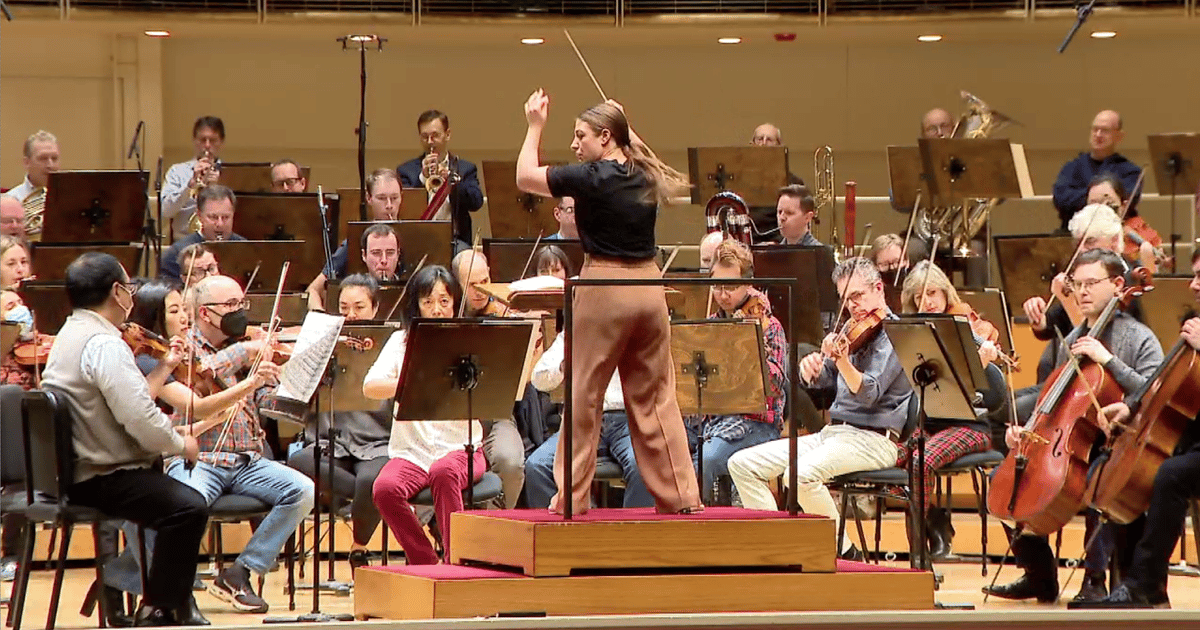Opera soloist: I can’t live on 2,000 Euros a month
mainDie Welt has a chilling interview with a bass-baritone who argues that the European company system is breaking down because young singers are too poorly paid.
There are the technicians who earn comparatively well, the orchestra musicians who also earn relatively well, and the chorus singers who earn more at many theatres than young soloists… Soloists are the easiest group to save on staff costs.
This anonymous soloist has given up the profession. He now works as a management consultant.
Read here.






Here’s the thing – you CAN live on that in Germany. I have and many others have too. The question is if you WANT to. And that is a very different line of reasoning.
Also, if you’re out of the opera biz now, why do the interview anonymously? Perhaps because you realize it’s a bit on the biased side….
No you can’t unless you choose to live in the far flung peripheries, in “poor” countries (relative to the behemoths) like Portugal or Romania.
Hmm, who to believe, you, or the guy who has actually done so?
Do You know Portugal??
How dare you?
We are cultural and technologically far more advanced than many of these “so called” first world countries.
Does that include your postal service? I don’t think so.
Okay, Trumpty-Dumpty, whatever you say.
“No you can’t unless you choose to live in the far flung peripheries”
Students do and so can you.
Er…it is nearly the average salary in Germany. Half the population of Germany lives on that salary. (And Germany is one of the wealthier countries in the EU).
The article isn’t biased. He objectively describes a long-standing problem regarding the low pay of solo singers in German opera houses. (See more in my other post on this page.) He says he was being paid 1700 Euros a month even working for a major house. Given the rents in many cities and other costs, that is extreme poverty. A solution needs to be found, and it seems odd to me that Germany with its remarkable generosity toward the arts, has let this problem go on for so long.
Because the young singers are so often foreigners while the orchestras, choruses and house administration are not. If all of the fest contract singers were German, this would not and would never have been an issue.
This is a problem that has existed for decades in Germany’s 83 opera houses. The orchestra, chorus, and stage workers are all unionized and thus receive far better wages and benefits than the solo singers. And even though the singers are the artists around which the opera performances are built. There should be some way that they could unionize. Many of them really are being exploited.
William, what is your take on German opera houses relying on their own singers as opposed to guest artists? I know the latter has been increasingly the case since at least the 60s, with profound artistic and financial implications, but you usually have more informed insights.
Or soloists with money and sadly mainly from America allegedly paying the opera house to employ them when I was there! Also the same in the days of various teachers I had and who did the German scene.
They can unionize. Ask AGMA. Better off as Teamsters, though.
I’ve done oratorio as a soloist and the members of the orchestra have been paid similar to what I got aid because they belonged to the British Musicians Union that I, as a singer, couldn’t and can’t join!
Soloist salaries and fees in German houses have been in freefall since reunification. They have been the most exposed victims since theatres had to start cutting costs following the reannexation the East.
The disagreement is probably based off of an expectation of what an artist should make. An artist should make what the market calls for, and frankly, here in the US, we are seeing the effects of paying more than the opera market can afford. Just because the people who attend the opera are rich, doesn’t mean soloists necessarily should be. (nor does it mean they should not be). This is simply about creating value and capturing it. Right now, the market is full of good young singers who are willing to earn 1700 eur a month. If you’re not one of them you have two options: create differentiated value (IE be better than everyone else at something) or do something else. I don’t buy into the plight of the young artist paid that amount. Like I said, I’ve been there. It’s not glamorous, but it’s not destitute either…
“If all you have is a hammer, everything looks like a nail…”
Art is not a commodity that follows or should follow mercantile business logic.
Never has been.
There is also no market for Dow Jones corporations CEOs being paid 500 times their average employee’s wages. Yet they get that money. That’s not the market. That’s the jungle my friend.
That’s the wrong way to look at it as that money has to come from somewhere. If you’re comparing opera to fortune 100 CEOs, then you’ve really missed the memo there…
Plenty of people live on far less than he was making. Like I said, not glamorous, but housing and food and some good beer can be found for that amount. He’s just not finding the fur coats he was after…
IntBaritone: “It’s not glamorous, but it’s not destitute either…”
Exactly. Earning 1,700 euros a month is not a particularly good salary and you won’t be rich. But many people live on that in Germany without being destitute (and are able to bring up a family). In much of provincial Germany outside the big cities it will go quite far: those places wouldn’t have any opera if people insisted on dramatically higher wages.
Interesting article. When I started in a German ‘C’ house in 1987, soloists were paid a basic 4000DM a month (some negotiated better deals). That was the minimum monthly sum for private health insurance eligibility. That figure now lies around €3500, I think. Many soloists now are paid a lot less. To make matters worse (or better for us at the time), we had a Künstlerfreibetrag – an untaxed portion of our monthly salary – and Essensmarken, worth about 30DM a month (a useful little sum in those days). I’m not sure either exist any more. From a monthly salary of 2600DM (I’m not a singer) I took home 1800DM; I chose to live ‘lavishly’ and had a spacious 2ZKB (one-bed flat) in the Altstadt near the theatre – 750DM including utilities. That left me over 1000DM a month to live on; pretty easy when your weekly shopping bill is about 45DM (I never ate out much). Those were the dying embers of the good old days, blown away for ever post-1989. Orchestras and choristers still enjoy secure union protection but I’d rather change profession than be part of either.
Much as I sympathise with the writer’s situation, I don’t quite agree with the sense of entitlement and refusal to ‘slum it’ for a few years in the sticks, having previously admitted he wasn’t up to the job in the Staatsoper. Still, he seems happy where he is now, and that’s the main thing.
Unfortunately it has always been like this, it is not new.